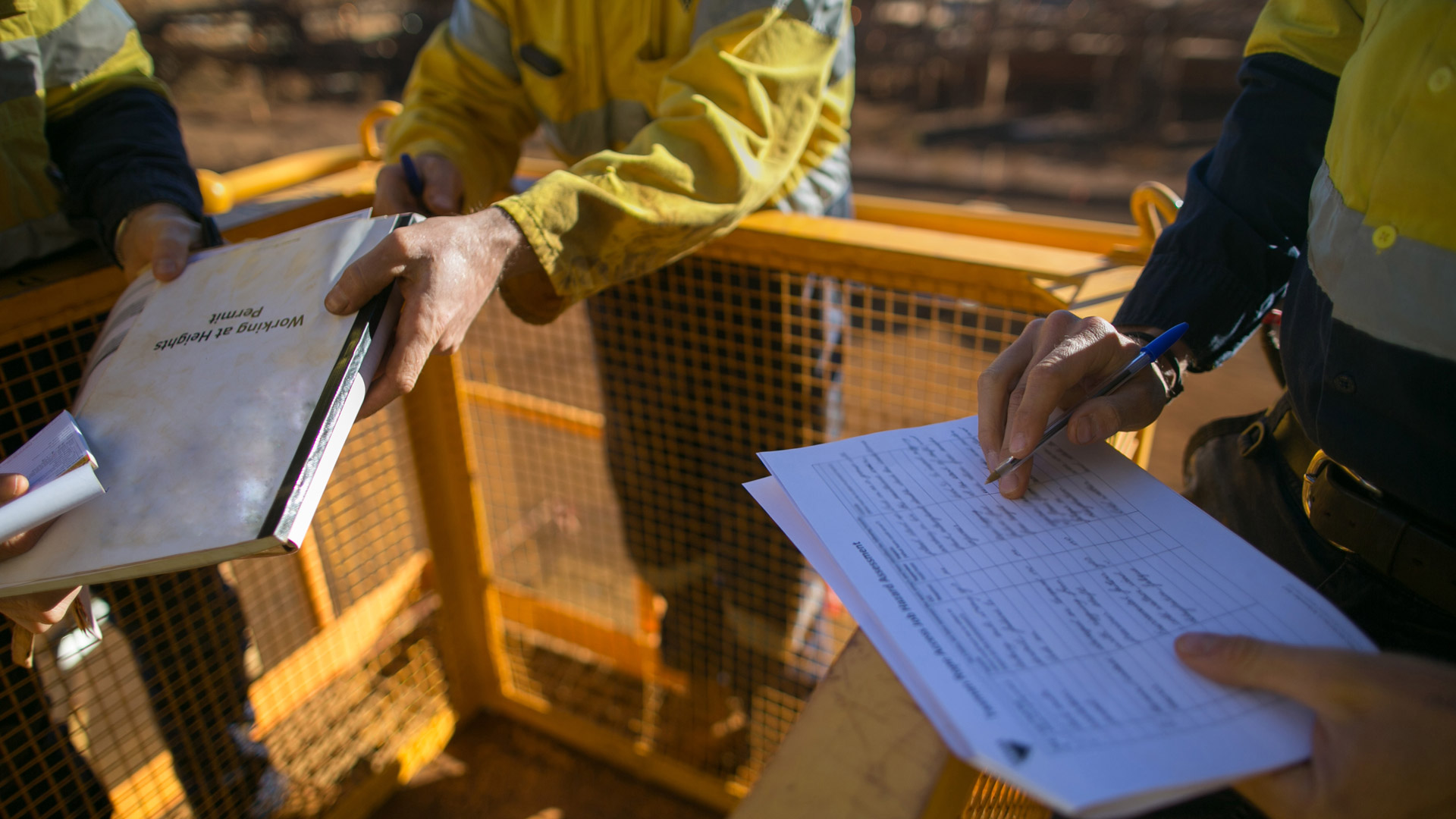The TUC is calling for better pay and conditions for the 3.2 million workers who regularly work nights. New analysis published by the union body reveals that three in ten (28%) night-workers earn less than £10 and seven in ten (69%) earn less than £15 an hour (roughly the UK median wage).
The TUC says there is no evidence of a ‘pay premium’ for people working overnight, despite the heightened health risks that come with night work and the disruption it causes to workers’ lives.
The TUC says that many key workers who keep vital services going overnight are undervalued and often employed on low pay and insecure contracts.
Care workers, totalling around 460,000 people, account for the largest number of night workers in Britain, but many are low paid and on zero-hours contracts.
The union body says the government must improve pay and conditions for night-workers. The TUC says this should include:
- A £15 an hour minimum wage for all staff as soon as possible.
- The introduction of sector-wide ‘fair pay agreements’ in sectors like social care to ensure minimum standards on pay, working conditions and training.
- Carers being paid for all their time on sleep-in shifts.
As well as being detrimental to family life, the health risks of regular night work include cardiovascular disease, diabetes and depression.
The TUC is calling for a number of measures to protect and compensate night workers. These include:
- Pay to properly reflect the likely additional costs of childcare and inconvenience that night shifts can entail.
- New legislation to ensure that workers always have sufficient notice of their shift patterns so they can make arrangements well in advance.
- Compensation for shift changes at short notice.
Workers, particularly women, are at greater risk of harassment and attacks in their journey to and from work when it’s late at night. The TUC says employers should consider the health hazards of night working in risk assessments, and take responsibility for workers’ safety travelling to and from the workplace at night.
TUC General Secretary, Frances O’Grady, said:
“We all owe Britain’s night workers a huge debt for keeping the country running while we are asleep. Working through the night is tough – with night-workers at higher risk of health problems and disruption to their daily lives. But the truth is that many of those who work overnight – especially in key sectors like care – are on low pay and insecure contracts. As the cost of living crisis escalates, ministers must do more to ensure all night workers get the pay they deserve. That means raising the minimum wage to £15 an hour as soon as possible and improving working conditions so all night workers are treated with dignity at work.”
You may also be interested in
RELATED CONTENT
RELATED COURSES

The Permits to work course explores the elements of permit-to-work systems and the high-risk activities that may require them.

The Working at height course helps learners understand the dangers associated with working at height and ways to control the risks

An employer has been sentenced for failing to reduce the exposure and spread of asbestos when demolishing a large pig shed.

The government is taking "strong action" against unscrupulous employers that use the controversial practice of ‘fire and rehire’, it has announced.

The legal term ‘reasonably practicable’ plays a crucial role in determining the level of care and precautions required in different areas of law, such...

The CIPD has published a new report, An update on flexible and hybrid working practices, which looks at the types of flexible working arrangements bei...